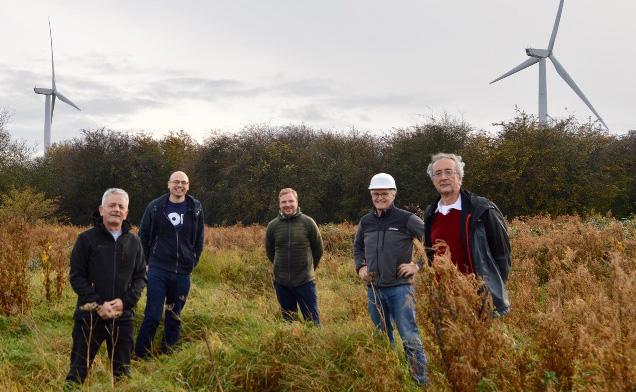
After years of hard work Lawrence Weston’s community-owned wind turbine is on its way, and future climate action enterprises could be easier to develop through increased support, nationally and locally, for green business.
That’s one hope that accompanies the government’s introduction of legislation to replace State Aid rules derived from the European Union. Its Subsidy Control Bill comes with a prioritisation of investment into decarbonising the economy and “levelling-up” those parts of the country previously “left behind.”
There’s a long way to go until the new Bill becomes law, and it’s unlikely to be followed by a wave of grant funding from national or local government. However, it could build on and help to replicate current local initiatives combining social, economic and environmental impact. It could also help to make community asset transfers more achievable.
For example, as well as Lawrence Weston’s wind turbine, Bristol City Funds (managed by Bristol and Bath Regional Capital) has already invested in a number of climate action and asset-based enterprises such as Bristol Wood Recycling Project, South Bristol Sports Centre and Bristol Together. If the costs of starting new projects in the future is reduced, other neighbourhoods could find it easier to setup their own community energy projects, or put public assets to use for housing or community development.
Nurturing these future projects is precisely the purpose of Bristol’s Community Climate Action (CCA) programme and Local Access Partnership (LAP). The CCA is working with six communities to develop local, citizen-led plans that connect household wellbeing to our shared responsibility for net-zero targets. LAP is building step-by-step development support so social enterprises can grow from testing new products using grants to delivery large-scale social impact using investment finance.
These potential advantages for charities and social enterprises obviously have to be considered alongside the potential risks of Brexit: a shrinking national economy, a reduction in skilled staff, increasing social divisions and reduced opportunities for young people. What the balance will be we’ll have to wait and see – and keep on developing new green enterprises in the meantime.
If your organisation is looking for support with climate action or trading, get in touch.